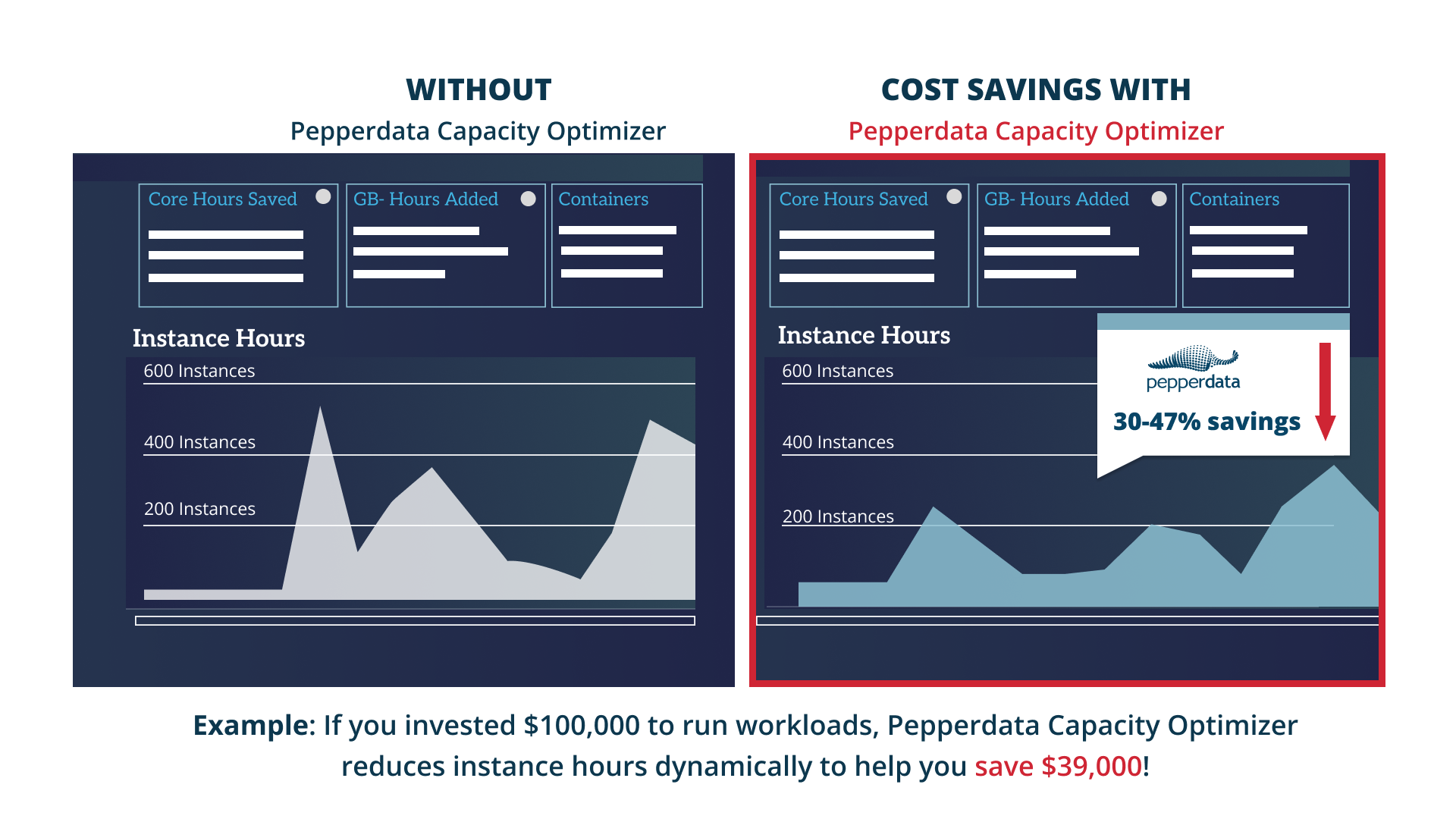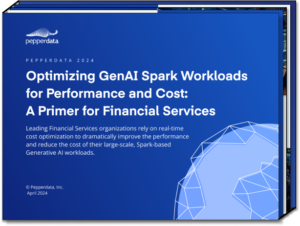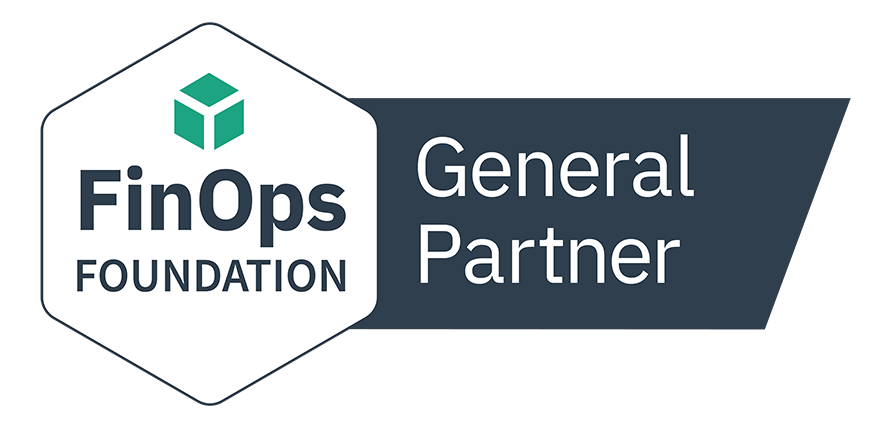Extract the most from your cloud investment
Pepperdata Capacity Optimizer automatically enables your existing data-intensive workloads to run on ~30% less infrastructure.
-

Immediately reduce instance hours and cost
Only pay for what you use when CPU and memory are optimized in real time.
-

Save engineering effort with no manual tuning
Reclaim hours of engineering time that can be reallocated to GenAI and AgenticAI projects.
-

Autonomously eliminate in-application waste
without code changesAutonomously eliminate in-application waste without code changes
Data-intensive apps like Spark are extremely wasteful. Pepperdata eliminates in-app waste in real time.
Increase profit margins and competitive advantage with 30-47% average cost savings.
Run more workloads for the same cost
Re-invest savings in GenAI
Improve product and systems quality
Industry examples
Customers across industries use Pepperdata Capacity Optimizer to immediately reduce cost, save time, and fuel innovation.
Real-time optimization with Continuous Intelligent Tuning

Real-time optimization with Continuous Intelligent Tuning
Pepperdata Capacity Optimizer’s Continuous Intelligent Tuning:
- Rapidly identifies unused nodes to optimize CPU and memory in real time
- Automatically adds tasks fill nodes that have available resources
- Enables new nodes to be launched only when existing nodes are fully utilized




